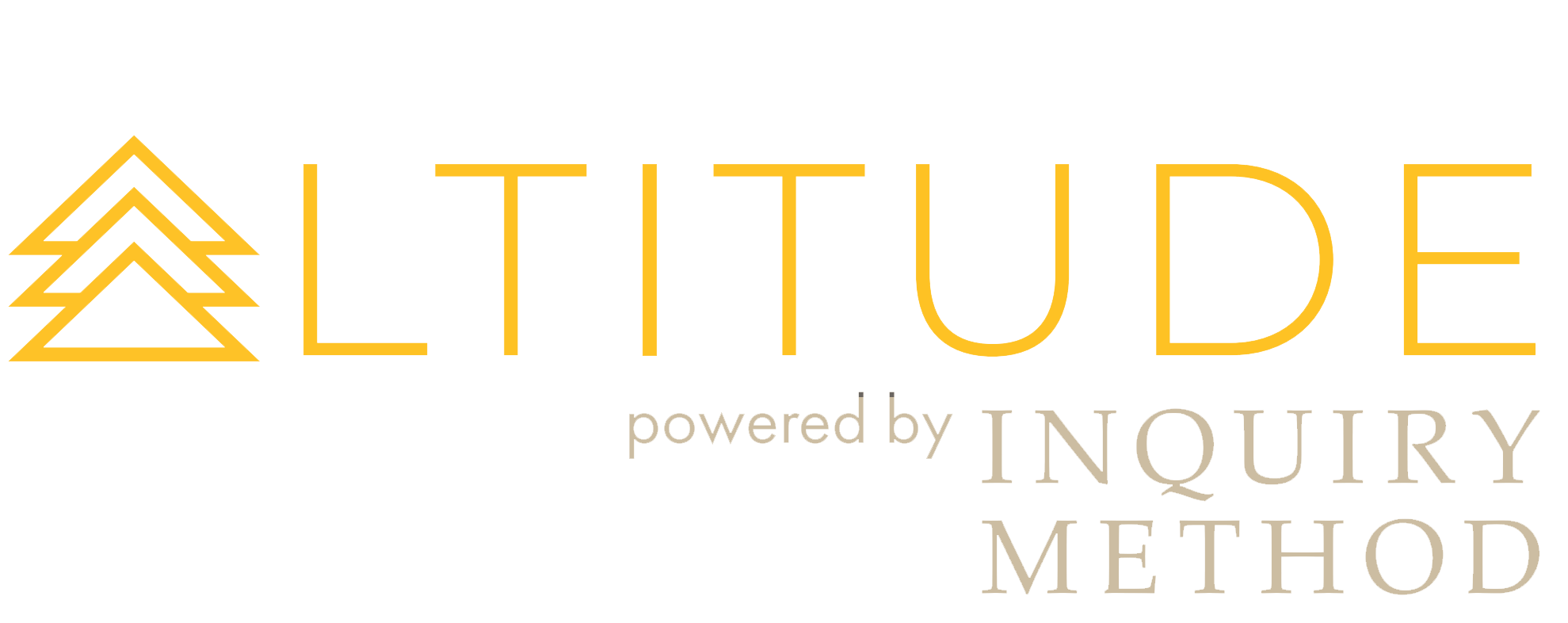I often use the terms "teacher", "coach" and "mentor" to describe what I do. It is important to understand the differences between them as you work to master Inquiry Method™ and Inquiry Management™.
Read MoreWhen we decide to make the commitment to grow, expand, refine, heal, explore ourselves we often imagine a life without struggle.
Read MoreYou are being asked to lead. Your people want you to lead. If you don’t know where to take them, ask them.
Read MoreSome people are natural leaders and do it all the time. The rest of us have some resistance to leading. Ultimately, we want to be leading all of the time, whether it is in innovation, growth, inquiry management, vision, tracking critical monitors of success, or maybe most importantly, creating accountability.
Read MoreLearning to mentor the people who work for you is the most important skill as a leader. Your mentoring can make a huge impact on productivity as well as a myriad of other benefits.
Read MoreHow do we create accountability in the workplace? The key is to develop a culture where each person is connected to their own success. As the owner or leader, it is important to know your team’s ambitions and desires and to show them that there are direct opportunities to have what they want.
Read MoreThe excitement and possibility of inquiry is when you can access the deep well of resources within you that brings new insight and awareness for growth.
Read MoreWithin your diversity of selves you can find that some of them lead, some follow, some hide out, some only come out when you have a few glasses of wine, some resent that they are not attended to, some are empowered, some are not.
Read MoreThe first question I ask of a business client is: If you pull up to the parking lot of your business and sit in your car and wait, do you feel any resistance to walking in the door? What do you resist? How would you have to set up your work and your business so that you were looking forward to walking in the door?
Read MoreMost of us experience some interactions with other people where we feel like a victim of the other person; we let them take the lead and have the power in the interaction. This can be over the long term or short. We allow ourselves to be “at-affect” of others.
Read More

